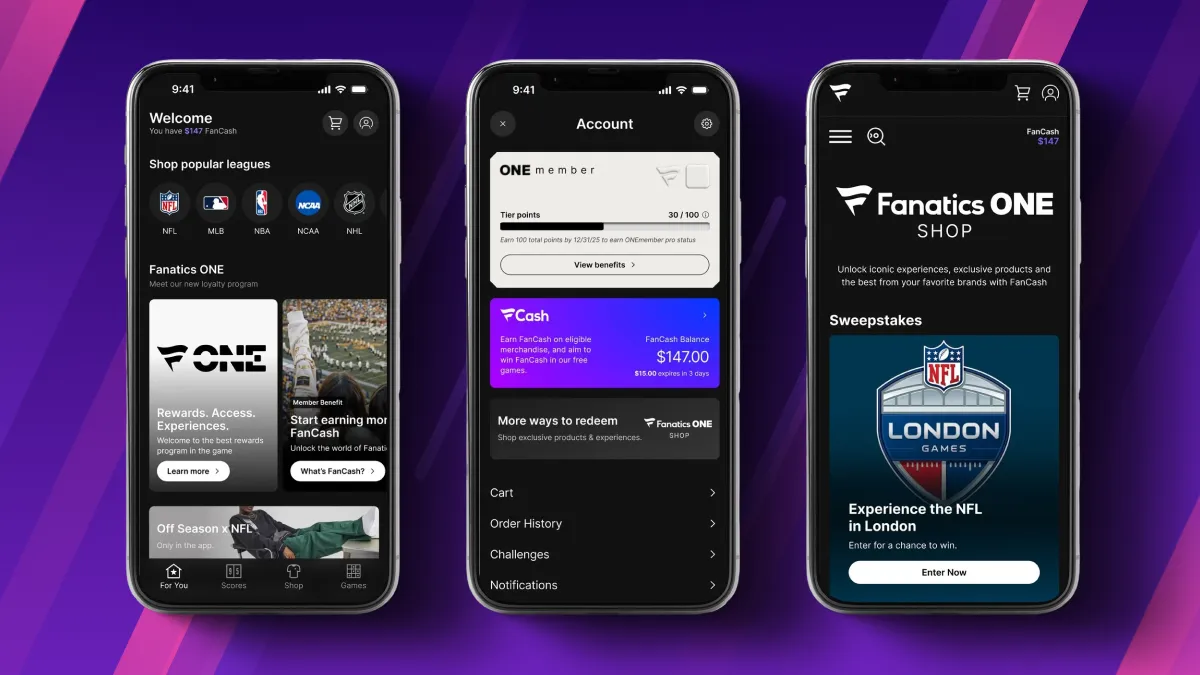New Jersey Passes Bill to Ban School Partnerships With Sports Betting Operators

1.0
Default
A bill from New Jersey, Senate Bill 2155, has been officially signed by Governor Phil Murphy. Under the Bill, universities and colleges in the state will be banned from signing deals and partnerships with sports betting platforms. This will also prohibit sports betting platforms from advertising their brands inside stadiums and other athletics facilities and on campus.
New Jersey has drawn a firm line in the sand when it comes to the intersection of college campuses and sports betting. On Tuesday, Governor Phil Murphy signed into law Senate Bill 2155, a measure that prohibits colleges and universities from entering into partnerships with sports betting platforms. This move effectively ends all advertising and promotional arrangements between higher education institutions and sportsbooks.
Under the new legislation, sportsbooks can no longer promote their brands through on-campus advertisements, inside athletic arenas and stadiums, or via school-affiliated digital and broadcast media. This includes commonly used marketing tactics such as branded signage, logos on broadcasts, or in-game odds reads during televised college sports events.
The bill, sponsored by Senators Joe Cryan and John McKeon, also bars athletics departments and booster clubs from engaging in deals that would promote gambling on college grounds or through school-endorsed platforms.
A response to problem gambling among young adults
Sen. Cryan, who chairs the Senate Higher Education Committee, said the measure was in direct response to rising concerns over problem gambling among students. "The proliferation of sports betting by college students is a troubling trend that can have a destructive impact on their lives," Cryan said. "Our college campuses should be places for learning, not underage gambling."
A poll in 2024 conducted by Fairleigh Dickinson University painted a grim picture: 10 percent of college-age men reported gambling behavior that put them at risk for addiction - more than triple the national average of three percent. While college students may not gamble with large sums of money, their frequent participation in longshot parlays and similar high-risk wagers often reflects a deeper pattern of addictive behavior.
According to Sen. McKeon, marketing directly to this vulnerable group has consequences beyond finances. "They should not be inundated with messages that entice them into gambling habits that can put them into debt and have corrosive effects on their psychological and emotional well-being," he said.
While the law applies solely to New Jersey-based institutions, it comes after a wave of sports betting partnerships formed between major sportsbooks and US colleges in recent years. PointsBet, for example, signed a deal with the University of Colorado before selling its North American assets to Fanatics two years ago. Caesars had brief but notable arrangements with both Louisiana State University and Michigan State University. Though many of these deals were ultimately short-lived due to mounting public pressure, they opened the door for similar arrangements elsewhere - something New Jersey now clearly wants to prevent.
Part of a larger consumer protection push
New Jersey has long been one of the most successful and active sports betting markets in the United States. In 2024 alone, the state's sportsbooks pulled in $1.1 billion in revenue from a staggering $12.8 billion in handle - a nearly 9% revenue increase from the previous year. But despite its commercial success, state regulators have remained focused on player protection.
Gambling on in-state college teams is already prohibited in New Jersey, even when those teams compete in national tournaments. The new campus partnership ban builds on that foundation, and further steps may be coming. A Senate committee recently advanced legislation that would ban college player prop bets - wagers on the performance of individual college athletes - though the bill has yet to be brought to a full vote.
With this legislation now signed into law, New Jersey is sending a clear message: student welfare takes precedence over sportsbook profits. While the law applies only within the Garden State, its ripple effects could influence similar legislative proposals in other jurisdictions as concerns over youth gambling behaviors continue to grow.








_800x800.webp)











